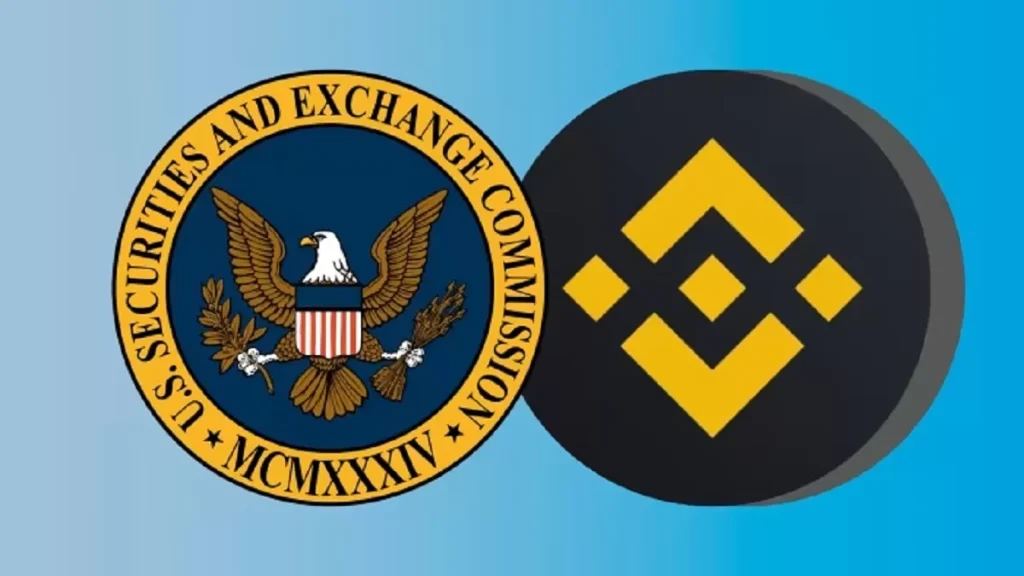Binance, Binance.US, and its founder Changpeng Zhao (CZ) claimed in a new legal filing that the U.S. Securities and Exchange Commission (SEC) failed to demonstrate the existence of investment contracts, a fundamental element of the Howey Test. The Howey Test is used to determine whether an asset qualifies as a security. This latest move comes in response to the lawsuit filed by the SEC in June, accusing the two companies and CZ of offering unregistered securities in certain cryptocurrencies and a staking service.
The filing argues that the SEC couldn’t demonstrate that users had any contractual obligations with Binance after purchasing specific cryptocurrencies, thereby challenging the essence of the Howey Test. This argument aims to dismantle the SEC’s case and potentially secure a dismissal of the lawsuit.
Binance’s Agreements with U.S. Agencies
Binance further asserts that recent agreements the company entered into with various agencies, including the Department of Justice (DOJ), the Commodity Futures Trading Commission (CFTC), and FinCEN, demonstrate its awareness of operating in the U.S. and serving U.S. customers. They argue that these agreements are unrelated to the SEC’s allegations and do not involve securities laws.
Additionally, Binance and CZ contend that the laws governing these agreements and consent decrees, such as the Bank Secrecy Act (BSA) and the International Emergency Economic Powers Act (IEEPA), differ from securities laws enforced by the SEC. This strengthens the claim that the SEC overreached its jurisdiction in this case.
In a separate filing, Binance specifically addresses the application of securities laws and argues that they should not apply in this case as they are not relevant to the allegations in the agreements and consent decrees.
Ultimately, these filings represent a significant challenge to the SEC’s case. By questioning the foundation of the lawsuit and asserting the irrelevance of prior agreements, Binance and CZ aim to secure a dismissal of the case and set an important precedent for the crypto industry.


